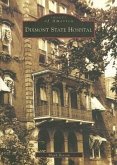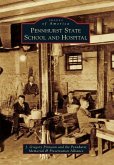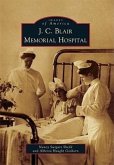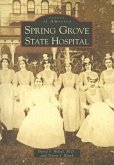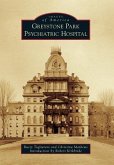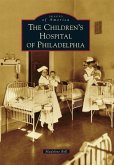Looming on the outskirts of Philadelphia County since 1906, the mental hospital most commonly known as "Byberry" stood abandoned for 16 years before being demolished in 2006. At its peak in the 1960s, Byberry was home to more than 6,000 patients and employer to more than 800. With its own self-sustaining farm, bowling alleys, barbershop, ice cream parlor, federal post office, and baseball team, Byberry was a micro-community. Throughout its history, the hospital served as an educational institution for Philadelphia's medical, nursing, and psychology students; was the site of a World War II Civilian Public Service conscientious objector unit; and a volunteering hot spot for local churches, schools, and Girl and Boy Scout troops. This book provides an unprecedented window into the good, the bad, the unusual, and the forgotten history of Byberry.
Hinweis: Dieser Artikel kann nur an eine deutsche Lieferadresse ausgeliefert werden.
Hinweis: Dieser Artikel kann nur an eine deutsche Lieferadresse ausgeliefert werden.


